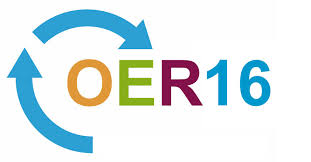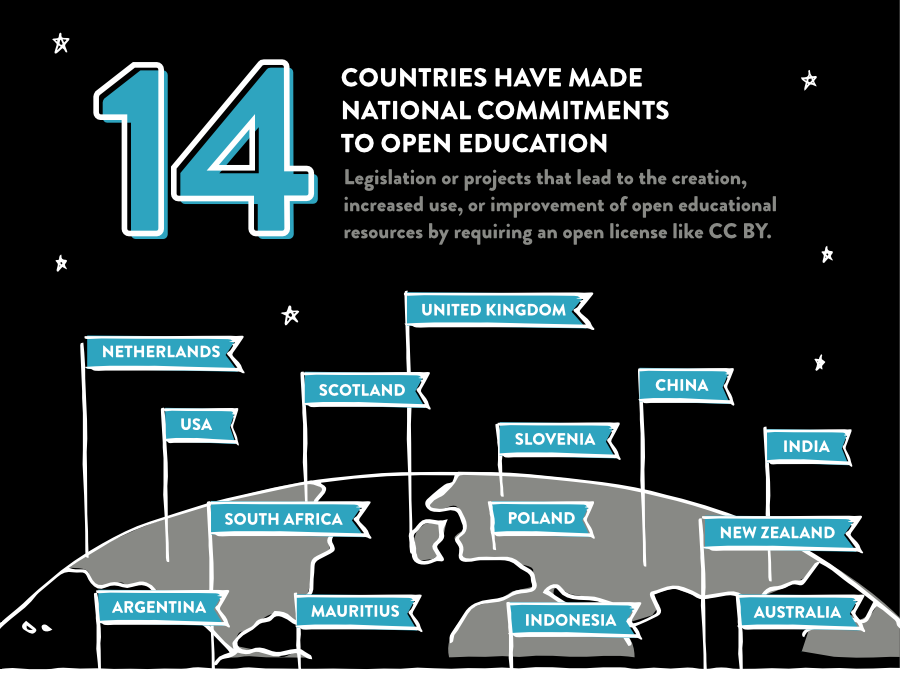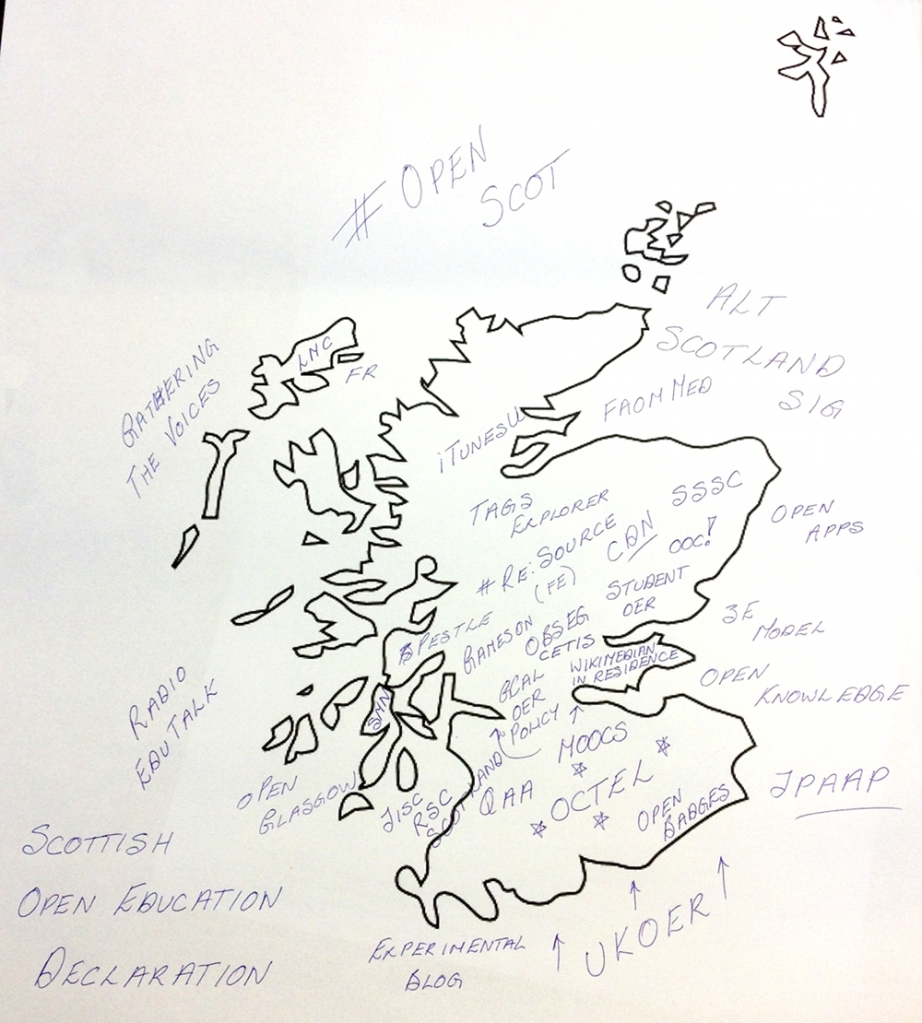A guest post from Josie Fraser, ICT Strategy Lead (Children’s Capital) at Leicester City Council about the council’s ground breaking work in promoting and encouraging the development and use of openly licensed educational resources in the school sector.

Leicester City Council has recently become the first Local Authority in the UK to give permission to school staff to openly licence the educational resources created by employees in the course of their work. We’ve given the permission in order to take open education forward across the city – with the aim of ensuring all school staff are aware of and able to benefit from the use of openly licenced resources – and also able to create and share open educational resources (OER). We’ve also released a range of guidance and resources to introduce open licensing and open educational resources (OER) to school staff to help with this.
In Leicester, I’ve been working with schools to support the development of staff digital literacy skills. Our work has highlighted that many staff aren’t aware of open licencing and don’t know what open educational resources are. As well as providing practical, introductory information for schools about finding, using and accrediting OERs, we want to encourage the adaption and creation of OER – to support schools in promoting and sharing the great work that is being produced across Leicester, and to actively contribute to open education.
There are many different types of schools across the UK. In Scotland, the picture is relatively straight forward, with the 32 Scottish Local Authorities in the position of employer for local, special, and denominational schools. In England, the Local Authority is the employer of staff working at community and voluntary controlled schools, but not of other types of school – for example academy, foundation, and voluntary aided schools, where the governing body is typically the employer. In Leicester, there are currently 84 community and voluntary controlled schools. The council is the legal and beneficial owner of copyright of materials produced by these employees in the course of their employment. This isn’t something that is specific to school employees or to Local Authorities as employers– it applies to all employees working under a contract of service, unless a specific agreement is in place. Sometimes there will be an explicit statement in an employee’s contract that references this, for example:
Copyright
The council shall be the legal and beneficial owner of the copyright in and all other rights to the results of the development of and the application of all work produced by you during the course of your employment and as a consequence of your employment.
However, not all employees (including school employees) have statements like this in their contract – typically, whether it’s there or not, unless a specific agreement is in place, the expectation is that employees should obtain permission from their employer to share work created in the course of their employment. The rights to work created outside of the course of employment – for example, a presentation a staff member creates on their own time for an event that they are not attending as part of their job – belong to the employee. Students also own the rights to their own work.
Staff don’t have an automatic right to take copies of this work from one employer to another, and they don’t automatically enjoy moral rights – the right to be acknowledged as the author of the work.
Schools and school staff have a great culture of sharing, most of which is informal. Sharing educational resources benefits everyone – learners and educators can benefit from the care and expertise that have gone into producing resources, and energy can be put into developing work to better suit learners and school’s needs, rather than starting from scratch. Most schools and educators will at some point have adopted someone else’s, lesson plan, activity, or policy.
This informality potentially leaves staff vulnerable in a number of ways. Others might adopt or use their work in ways they aren’t happy with, or they may not get proper credit for their work for example. Leicester City Council has providing formal permission as an employer for school staff to openly licence their educational resources in order to address some of the issues that might arise ahead of time. It sends a clear message that we are encouraging staff to share their openly licenced work, and enables schools to put in place local policies.
A fraction of what currently gets shared by schools is openly licensed. Open Licences build on the existing legal copyright framework to provide clear permissions for flexible uses of work – an open licence provides an opportunity to clearly signal how the work can be copied, shared and developed, and who should be given credit for the resource.
Along with the permission, we’ve produced a leadership briefing note giving more information, and provided two model school policies – one for the schools where the permission is in place (i.e. Leicester City Council has provided it, as employer) and one for schools where the governing body could put permission in place, through the adoption of a policy. In this way we are raising awareness of OER across all schools in the city, and hoping to encourage them in taking a similar approach.
Looking at OER in relation to schools policies and practices can promote organisational awareness and discussion of copyright, ownership, and accreditation – all important areas that staff can model good practice in for their learners. Online and digital resources are routinely made use of and created in all our schools. This increased use and creation of digital and web based resources means that understanding the copyright rules and permissions that relate to the use of digital and online teaching and learning materials is very important. Digital resources are protected by copyright in the same way as other resources.
Permission to share educational resources through open licence represents an exciting opportunity for schools to take a fresh look at the original materials staff are producing, and how these can best be used to promote the school and build connections to other educators and organisations. I very much hope that other Local Authorities will look at Leicester City Council’s model, and make use of the resources we have created and shared to take the use and creation of OER forward.
All of the resources mentioned in this post are available under open licence and can be downloaded from: http://schools.leicester.gov.uk/ls/open-education/
 Last week the University of Edinburgh’s Information Services launched Open.Ed http://open.ed.ac.uk, a website devoted to showcasing open educational resources at the university.
Last week the University of Edinburgh’s Information Services launched Open.Ed http://open.ed.ac.uk, a website devoted to showcasing open educational resources at the university.






